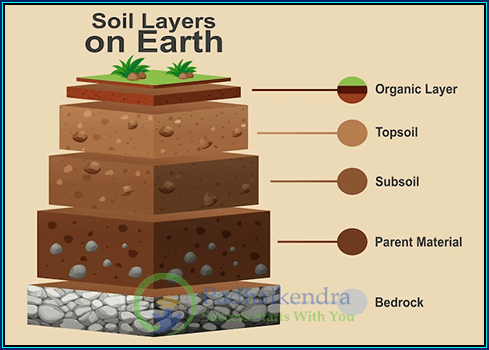The Solar System is a planetary system that consists of the Sun and all the celestial bodies that orbit it, including eight planets, dwarf planets, moons, asteroids, comets, and other objects. It is located in the Milky Way galaxy, roughly 25,000 light-years from the galactic center.
The eight planets in the Solar System, in order from the Sun, are Mercury, Venus, Earth, Mars, Jupiter, Saturn, Uranus, and Neptune. These planets are divided into two groups: the inner planets, consisting of Mercury, Venus, Earth, and Mars, which are terrestrial planets made up of rock and metal, and the outer planets, consisting of Jupiter, Saturn, Uranus, and Neptune, which are gas giants composed mostly of hydrogen and helium.
The Solar System also includes numerous moons, with each of the gas giants having dozens or even hundreds of moons. The four largest moons in the Solar System are the Galilean moons of Jupiter: Io, Europa, Ganymede, and Callisto.
In addition to planets and moons, the Solar System contains a large number of asteroids, comets, and other small bodies. Asteroids are rocky remnants left over from the formation of the Solar System, while comets are icy bodies that originate in the outer regions of the Solar System and have highly elliptical orbits.
The study of the Solar System is an active field of research, with scientists using telescopes, spacecraft, and other instruments to study the planets, moons, asteroids, and comets in detail. By studying the Solar System, scientists hope to gain a better understanding of how it formed and evolved over time, and to learn more about the conditions that led to the emergence of life on Earth.





